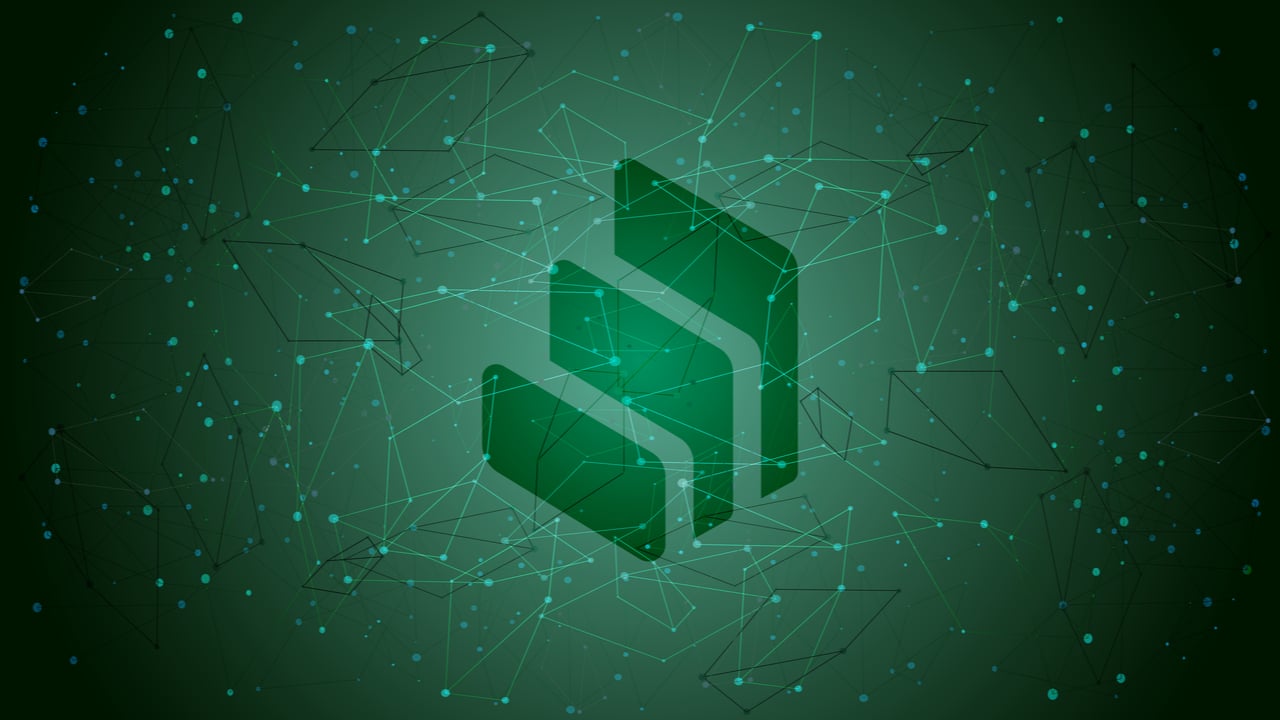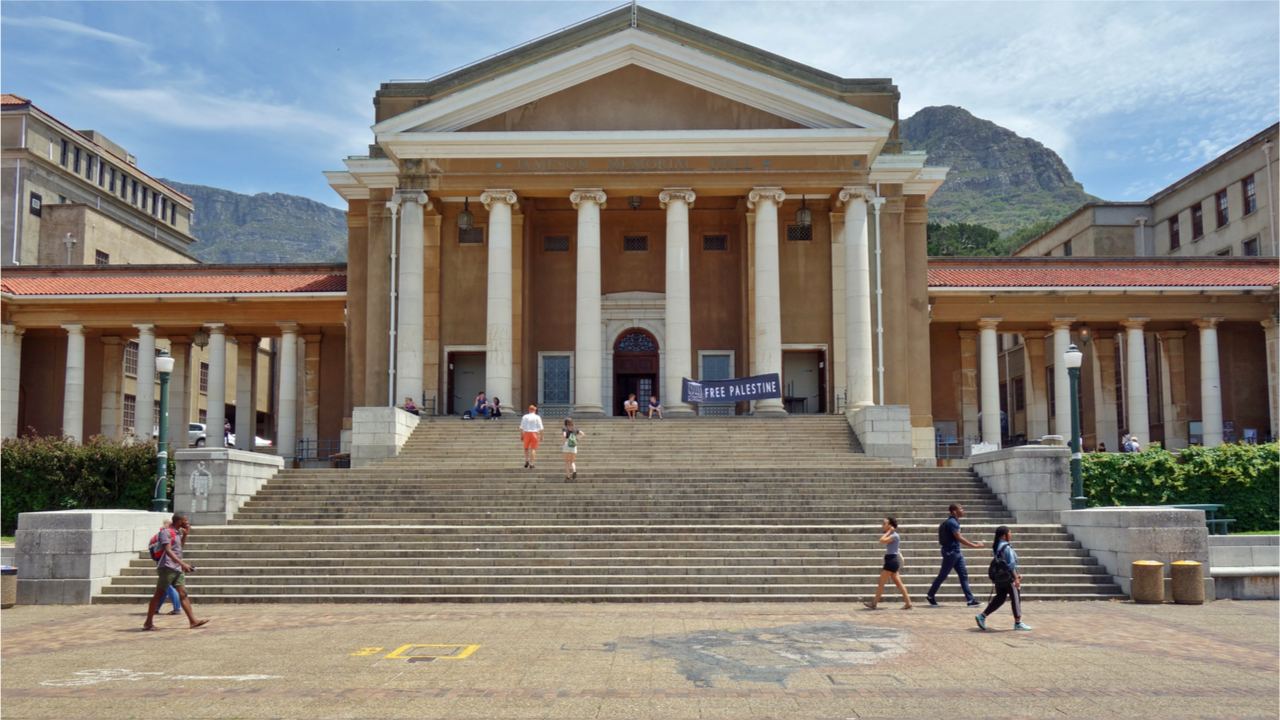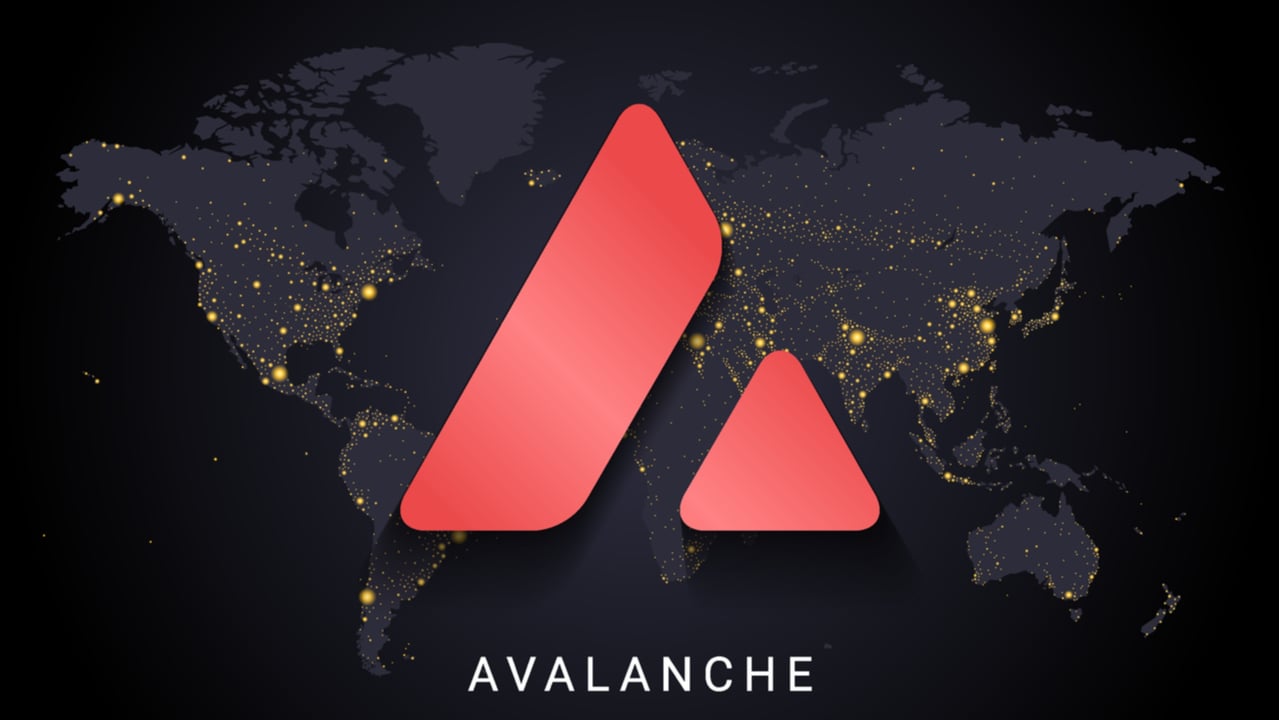 Compound, one of the main cryptocurrency lending protocols on Ethereum, is facing serious problems again. According to banteg, a Yearn developer, someone called a function that moved more funds to be available for users to claim. Now, users can claim up to $140 million of the protocol’s native currency, comp. Compound is hoping users won’t […]
Compound, one of the main cryptocurrency lending protocols on Ethereum, is facing serious problems again. According to banteg, a Yearn developer, someone called a function that moved more funds to be available for users to claim. Now, users can claim up to $140 million of the protocol’s native currency, comp. Compound is hoping users won’t […] A South African university, the University of Cape Town (UCT) has revealed it will commence blockchain and digital currency classes starting in November. According to the institution, students that enroll and complete the $693 six-week course will be issued a legal certificate. Better Understanding of Blockchain As explained on UCT’s website, students that successfully complete […]
A South African university, the University of Cape Town (UCT) has revealed it will commence blockchain and digital currency classes starting in November. According to the institution, students that enroll and complete the $693 six-week course will be issued a legal certificate. Better Understanding of Blockchain As explained on UCT’s website, students that successfully complete […] Compound, one of the trademark defi protocols on the Ethereum blockchain, is experiencing a bug that allows users to reclaim unusually high amounts of its native token. The issue was caused by the implementation of a proposal that modified the contract that awards tokens to users. Compound Labs founder Robert Leshner declared that user funds […]
Compound, one of the trademark defi protocols on the Ethereum blockchain, is experiencing a bug that allows users to reclaim unusually high amounts of its native token. The issue was caused by the implementation of a proposal that modified the contract that awards tokens to users. Compound Labs founder Robert Leshner declared that user funds […] Avalanche, a smart contract-enabled cryptocurrency, has received a $230 million investment from a group of VC companies. The funding round, which is being described as a private sale, was led by Polychain and Three Arrows Capital, with the participation of other companies. This investment will give these companies participation in on-chain Avalanche governance and exposure […]
Avalanche, a smart contract-enabled cryptocurrency, has received a $230 million investment from a group of VC companies. The funding round, which is being described as a private sale, was led by Polychain and Three Arrows Capital, with the participation of other companies. This investment will give these companies participation in on-chain Avalanche governance and exposure […] Dydx, a decentralized exchange, finally unlocked its airdrop rewards for users. Its governance token, dydx, was locked due to airdrop restrictions since the protocol announced its distribution on August 3rd. Since its release the price has skyrocketed, giving some of the more active users on the platform more than $50K worth of dydx. However, some […]
Dydx, a decentralized exchange, finally unlocked its airdrop rewards for users. Its governance token, dydx, was locked due to airdrop restrictions since the protocol announced its distribution on August 3rd. Since its release the price has skyrocketed, giving some of the more active users on the platform more than $50K worth of dydx. However, some […]
Buterin asserts that things need to move beyond coin voting as it exists in its present form, suggesting “proof-of-humanity” or “proof-of-participation” alternatives.
Ethereum co-founder Vitalik Buterin has taken a deep dive into token-based decentralized governance, suggesting that existing voting mechanisms are flawed and may be holding the DeFi sector back from realizing its full potential.
In a lengthy blog post published Aug. 16, Buterin stated the crypto community needs to "move beyond coin voting as it exists in its present form.”
Currently, the majority of decentralized finance (DeFi) projects manage their protocol upgrades, reward issuance, and other facets of governance elections where votes are distributed among token holders according to the size of their holdings.
However, many projects have come under fire for allowing their voting process to be dominated by whales holding vast swathes of the governance tokens, allowing them to vote in support of their personal interests.
Buterin highlighted two issues relating to token-based governance, emphasizing the risk of incentives misaligning among community members, and its vulnerability to “vote-buying” and “outright attacks” influencing the outcome of governance votes. He added:
“The most important thing that can be done today is moving away from the idea that coin voting is the only legitimate form of governance decentralization.”
Buterin noted the prevalence of "unbundling," whereby “vote-buying” can be achieved and governance systems can be manipulated by borrowing on crypto collateral and using the tokenized assets to vote.
In the context of unbundling, “the borrower has governance power without economic interest, and the lender has economic interest without governance power,” he added.
Looking beyond token-based governance, Buterin advocated the exploration of “Proof-of-Humanity”-based governance systems where one vote is allocated per each of a protocol’s users.
Buterin also offered “Proof-of-Participation” as a possible solution, where voting is limited to the users of a protocol that have contributed work to the benefit of a project or its community, suggesting voting rights could be exclusively distributed to addresses that complete a specific task.
Ethereum’s co-founder also suggested quadratic voting — where the power of a single voter is proportional to the square root of the economic resources that they commit to a decision — could offer unique solutions to decentralized governance.
Related: Can DeFi and on-chain governance change human nature?
He also suggests a “skin in the game” approach that makes individual voters responsible for their decisions, stating:
“Coin voting fails because while voters are collectively accountable for their decisions (if everyone votes for a terrible decision, everyone's coins drop to zero), each voter is not individually accountable.”
 Digital asset exchange Bitrue is seeking to engage its user community directly by distributing decision-making power for adding new token projects after the listing team thoroughly vets them. Platform Advancing Further Voting Powers in Future Updates Blockchain’s innate ability to decentralize products and services has long been among its key value propositions, especially when providing […]
Digital asset exchange Bitrue is seeking to engage its user community directly by distributing decision-making power for adding new token projects after the listing team thoroughly vets them. Platform Advancing Further Voting Powers in Future Updates Blockchain’s innate ability to decentralize products and services has long been among its key value propositions, especially when providing […]
MakerDAO plans to complete its roadmap to decentralized governance with the dissolution of its foundation in the coming months.
Pioneering decentralized finance protocol, MakerDAO, has announced its foundation will formally dissolve in the coming months, marking one of the final milestones in the protocol’s roadmap to decentralized governance.
A July 20 blog post describes Maker’s decentralized autonomous organization, or DAO, as now being “fully self-sufficient” — with its globally distributed community “now responsible for every aspect of the Maker protocol.”
“Complete decentralization of Maker means that future development and operation of the Protocol and the DAO will be determined by thousands or perhaps millions of engaged, enthusiastic community members, all determined to extend the benefits of digital currency to people across the globe.”
The post’s author, Maker Foundation CEO, Rune Christensen recounts highlights from the project’s six-year journey, with Christensen having first revealed his plans in a Reddit post detailing his vision for an Ethereum-back stable token dubbed “eDollar” during March 2015.
The Maker Foundation was created as a non-profit tasked with overseeing the project's development and funding in September 2018, reportedly at the behest of its early investors. While Christensen created the Foundation with the intention of dissolving it within two to three years, the move catalyzed internal tensions between supporters of the Foundation and those who saw the legal entity as at odds with crypto’s fundamentally anarchic ethos.
He describes Maker as having “come a long way in a relatively short period,” transitioning from a pioneering fledgling DAO, into a Foundation, and back to a DAO again.
“While the Foundation played a specific and important role in the further development of the Maker Protocol and the growth of a global team, it was designed to exist only temporarily,” emphasized Christensen.
In May 2017, more than two years after Christensen revealed Maker on Reddit, the protocol conducted a limited release of ProtoSai — the precursor to Maker’s first stablecoin, SAI, or Single-Collateral Dai.
SAI would enjoy a wholesale release in December of 2017 and circulate for nearly two years, with Maker introducing Multi-Collateral Dai (DAI) during November of 2019 — allowing DAI to be minted against a variety of digital assets approved by Maker governance.
Related: Australian digital finance industry wants to legally recognize DAOs
While Maker would emerge as a pioneering DeFi protocol perched at the top of the sector’s rankings by total value locked, 2020 was not all smooth sailing for Maker, with users launching a class-action lawsuit against the foundation in the aftermath of “Black Thursday” in March. The incident saw Maker lose roughly $6.64 million DAI to cascading liquidations after the price of Ether crashed 50% over roughly 24 hours.
March 2020 would also see the Maker Foundation transfer the MKR token contract to community governance, marking the beginnings of the project’s journey to reinstating decentralizing governance — with Christensen characterizing the foundation as “completely pointless.”
The protocol would also add support for Circle’s centralized stablecoin USDC that month, inflaming controversy regarding Maker’s support for centralized crypto assets as collateral for its purported decentralized stable token.
In March of this year, “Core Units” were established to coordinate management across the protocol’s various teams and activities. The foundation would also return development funds of 84,000 MKR to the Maker DAO in May, worth nearly $500 million at the time.
According to DeFi Llama, MakerDAO is currently the sixth-ranked decentralized finance protocol with a total value locked of $5.62 billion.